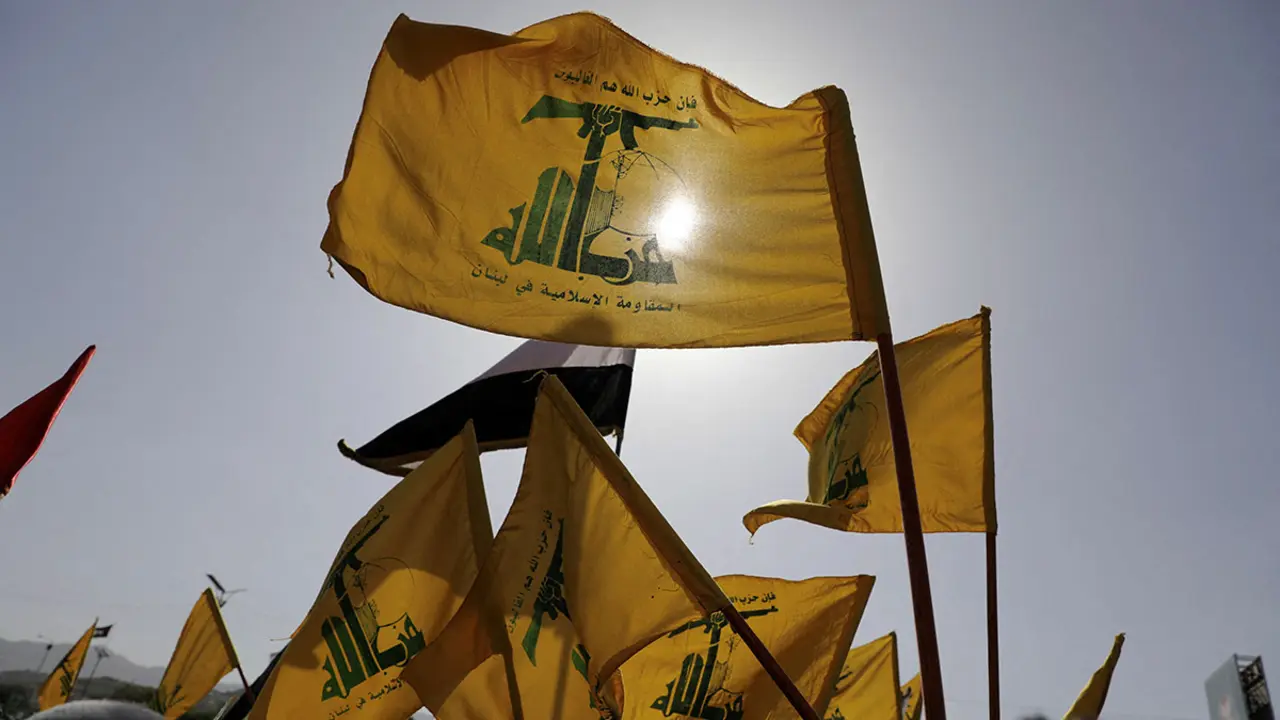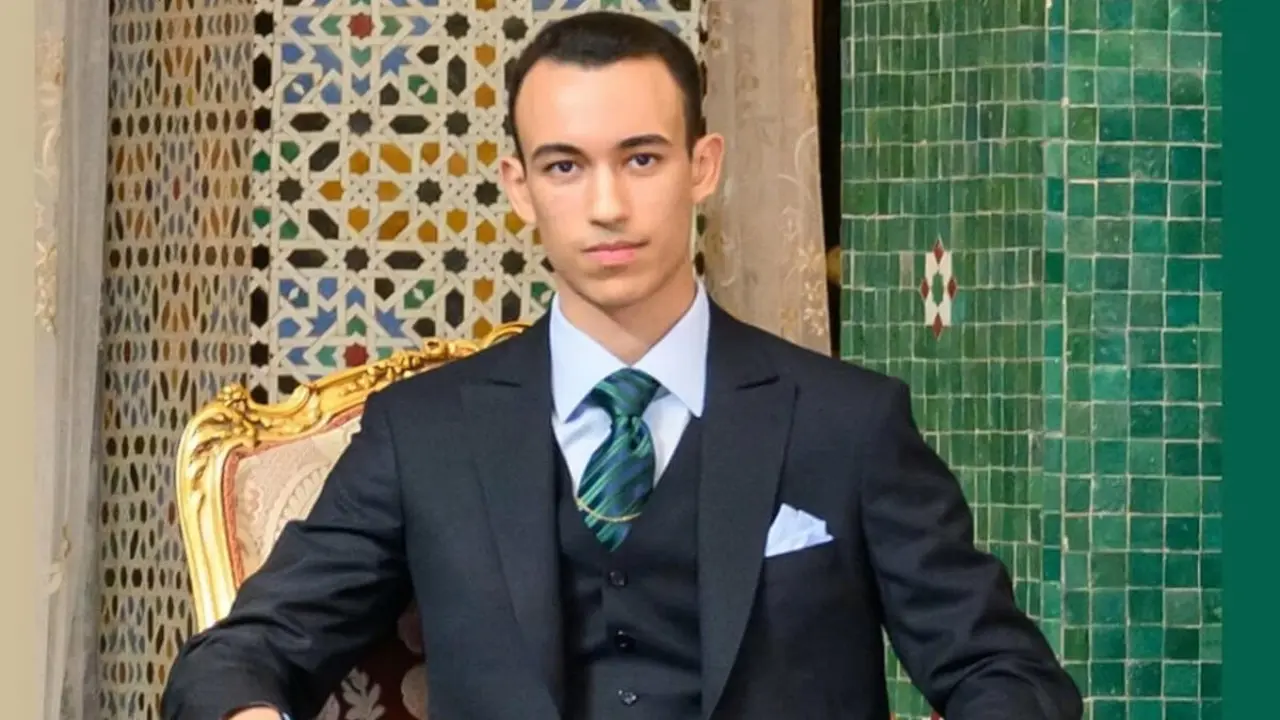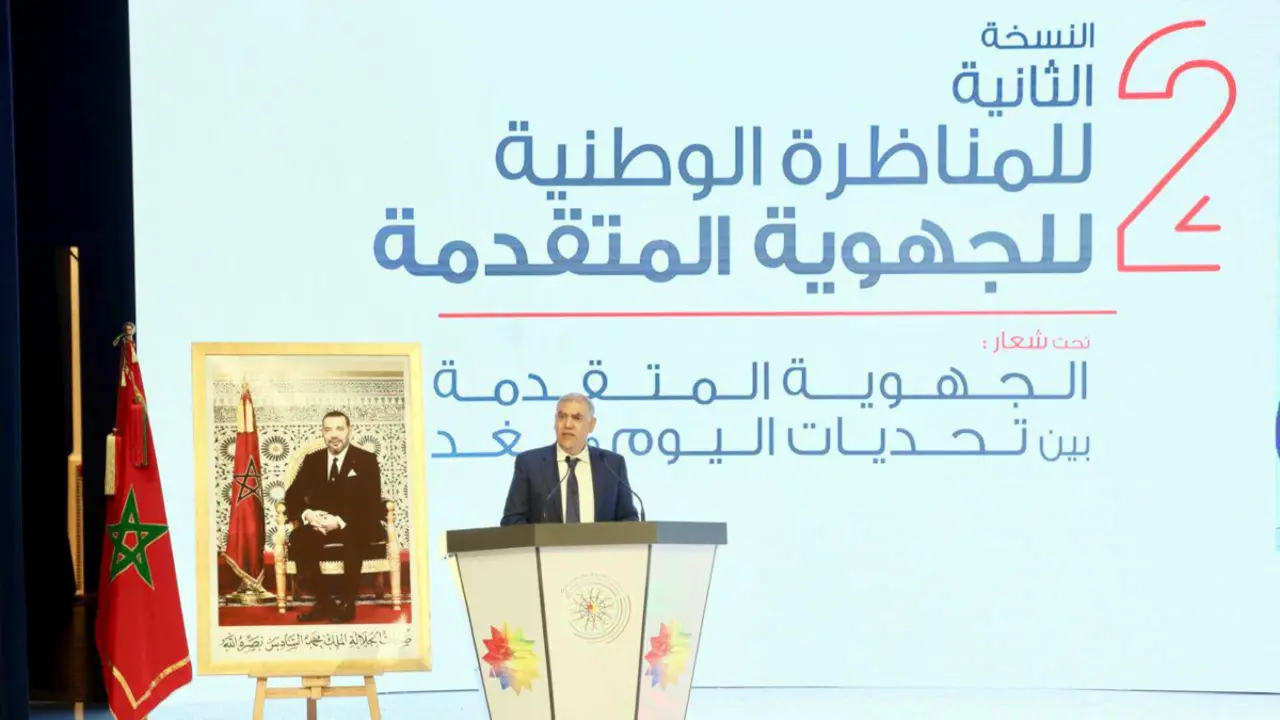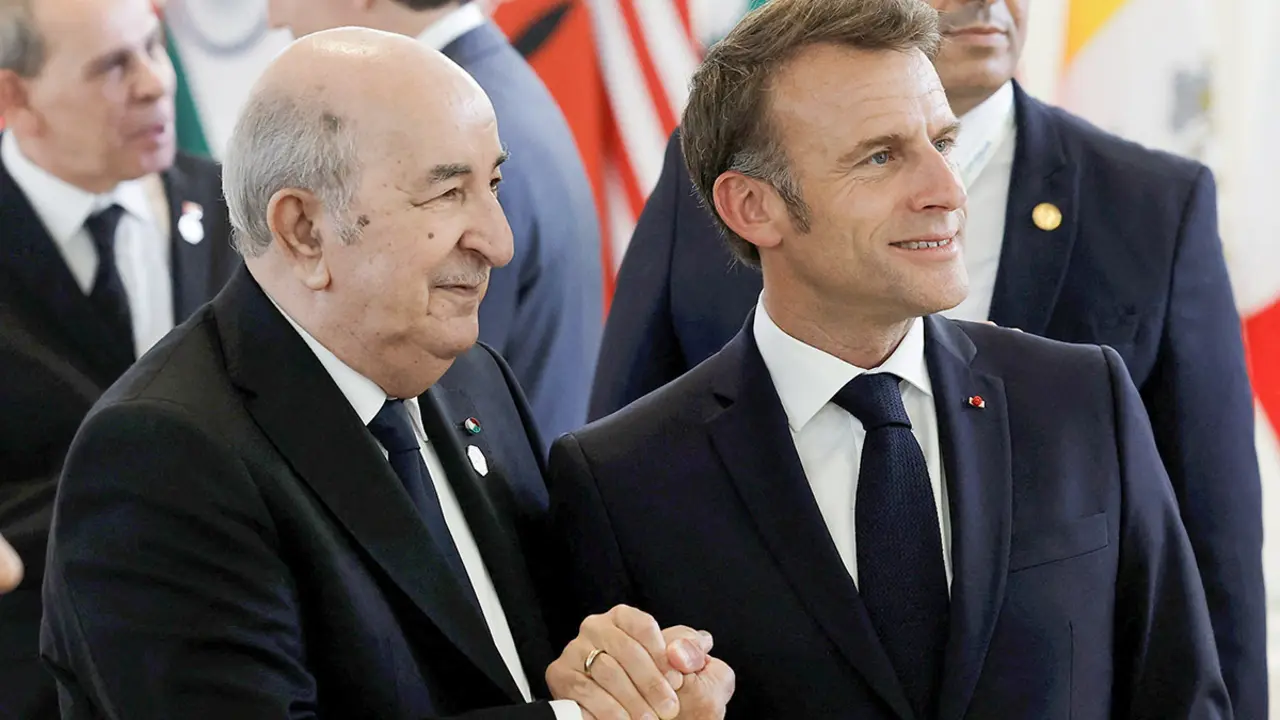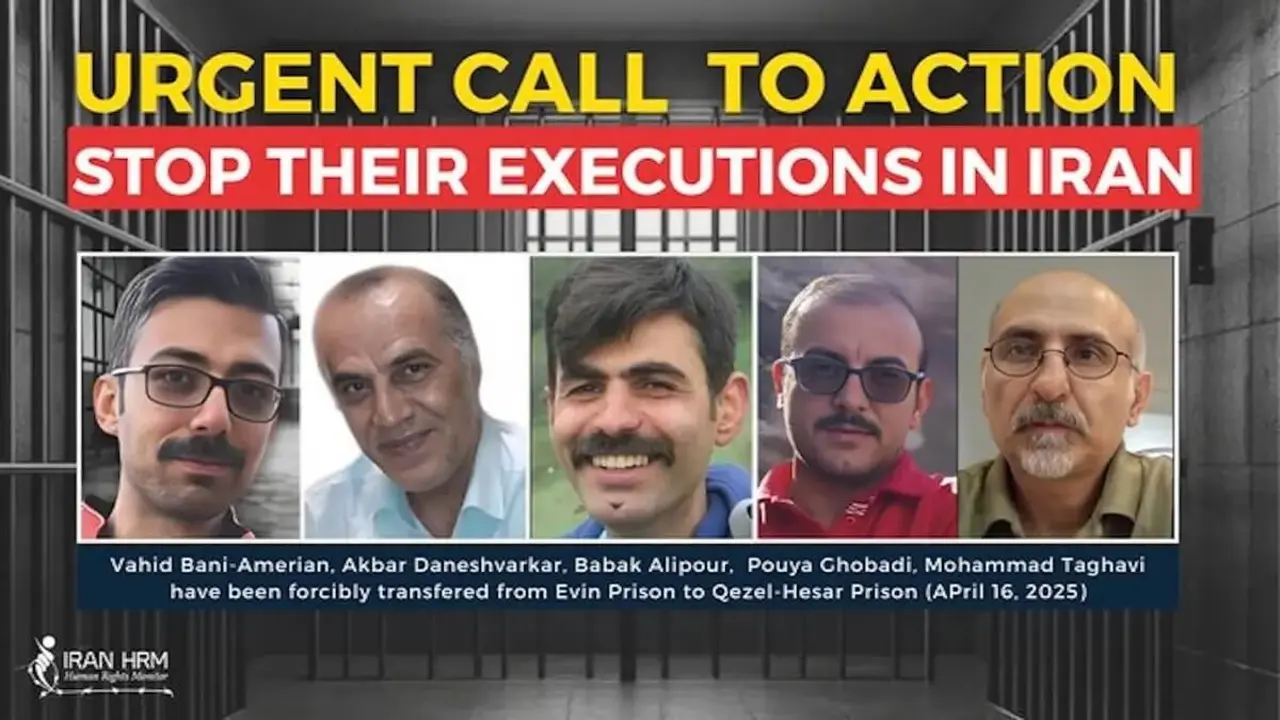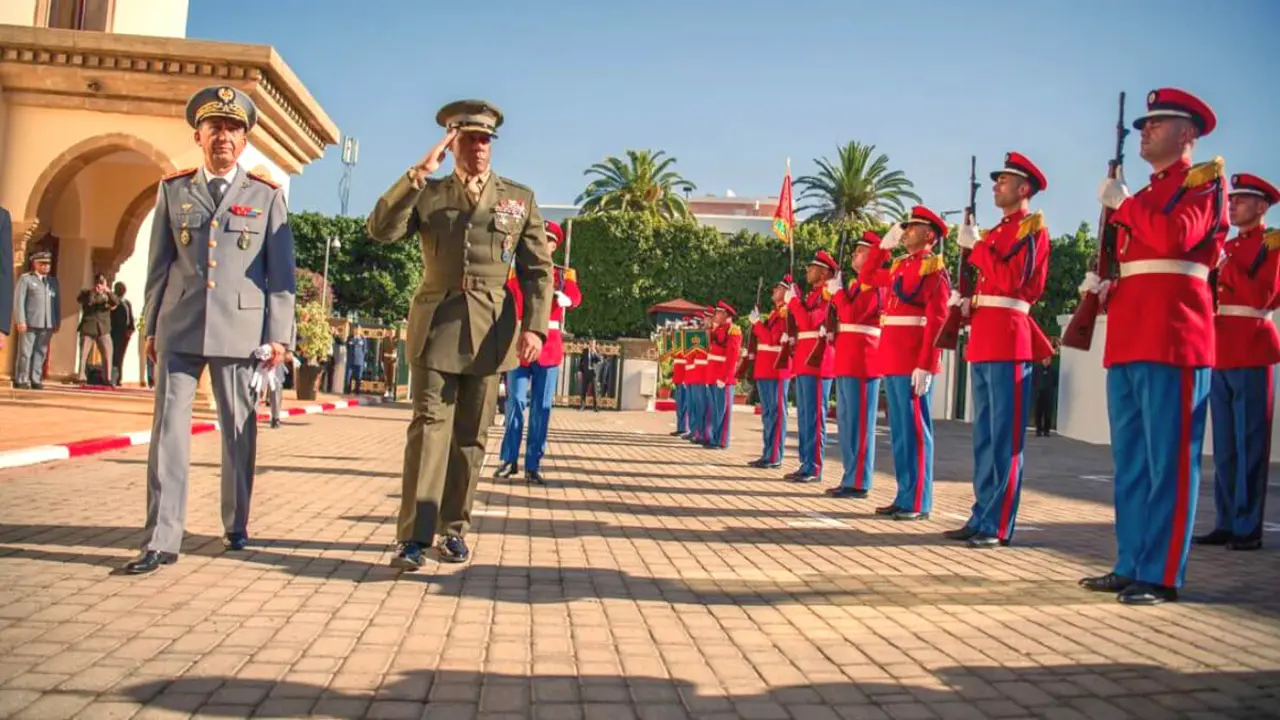Tunisian Parliament gives green light to Hichem Mechichi's government

The Tunisian Parliament on Wednesday approved the third government in just ten months. In 2011, thousands of people took to the streets of the Arab world, demanding an end to oppression, in revolts that were called "Arab Spring" or "Jasmine Revolution" in the case of Tunisia. Nine years on, the North African nation is continuing on its path towards democratisation, a journey marked by the different political gaps and the government's difficulty in addressing the current economic crisis. After a long day, the Tunisian Parliament has given the green light to the government team presented by the candidate for prime minister, Hichem Mechichi, with a total of 134 votes in favour and only 67 against.
The Executive led by Mechichi - considered a technocrat and composed of judges and academics, among other positions - obtained 134 votes in favour out of the 217 that make up the House. "I am proud of this support," said the Tunisian candidate after learning of the result of the vote. "The government will be able to make progress on economic issues, provided it is not caught up in any political tension," he told the France-Presse news agency (AFP).
Mechichi, 46, is the third head of government appointed since last October's elections, which resulted in a totally paralysed parliament with around twenty parties represented and many independents, making it difficult to elect the previous government, leading the country into a process of political stagnation.

The leader of the conservative Islamist-leaning Ennahda party, the leading force in the House, Rached Ghannouchi, said that "the Assembly has shown that it is the heart of power in this country". "This government can solve economic, health and safety problems. I am convinced of its success," he said in statements to the newspaper Le Monde.
Ennahda - who initially had major reservations about the new Cabinet - stressed last week the need to give some support to the government to prevent the country from having to hold early elections again. The priorities of the Mechichi executive are - as he explained before the vote - to stop "the haemorrhaging" of public finances, especially by relaunching oil and phosphate production, which has been affected by the demonstrations of recent months. In addition, the Tunisian leader said that his government also aims to reform the Tunisian administration and protect the most disadvantaged.
Mechichi has become the third head of government in the last ten months. His government will be responsible for resuming talks with the International Monetary Fund, whose four-year programme expired last spring. Tunisia has been the victim of a serious social and political crisis since a chain of terrorist attacks killed at least 72 people, including 60 foreign tourists, in 2015.

The strengthening of security has helped put the Tunisian tourism sector on the road to recovery in recent years. However, the crisis resulting from the coronavirus pandemic has halted this progress. The impact of the 2015 attacks dealt an unprecedented blow to tourism, one of the pillars of the Tunisian economy.
Following this announcement, the Tunisian Union of Industry, Commerce and Crafts (UTICA) stressed on Wednesday that the main priorities defined by Hichem Mechichi's government constitute a basis for dialogue for the establishment of a "consensual rescue" programme; a programme which, they explained, brings together all the national forces, expressing their willingness to collaborate with this new government, as reported by the Tunisian daily La Presse. The United States' voting session took place after the president of the Republic, Kais Said, brought together the leaders of the various parties to try to secure support for Mechichi's cabinet, something that has finally happened.


